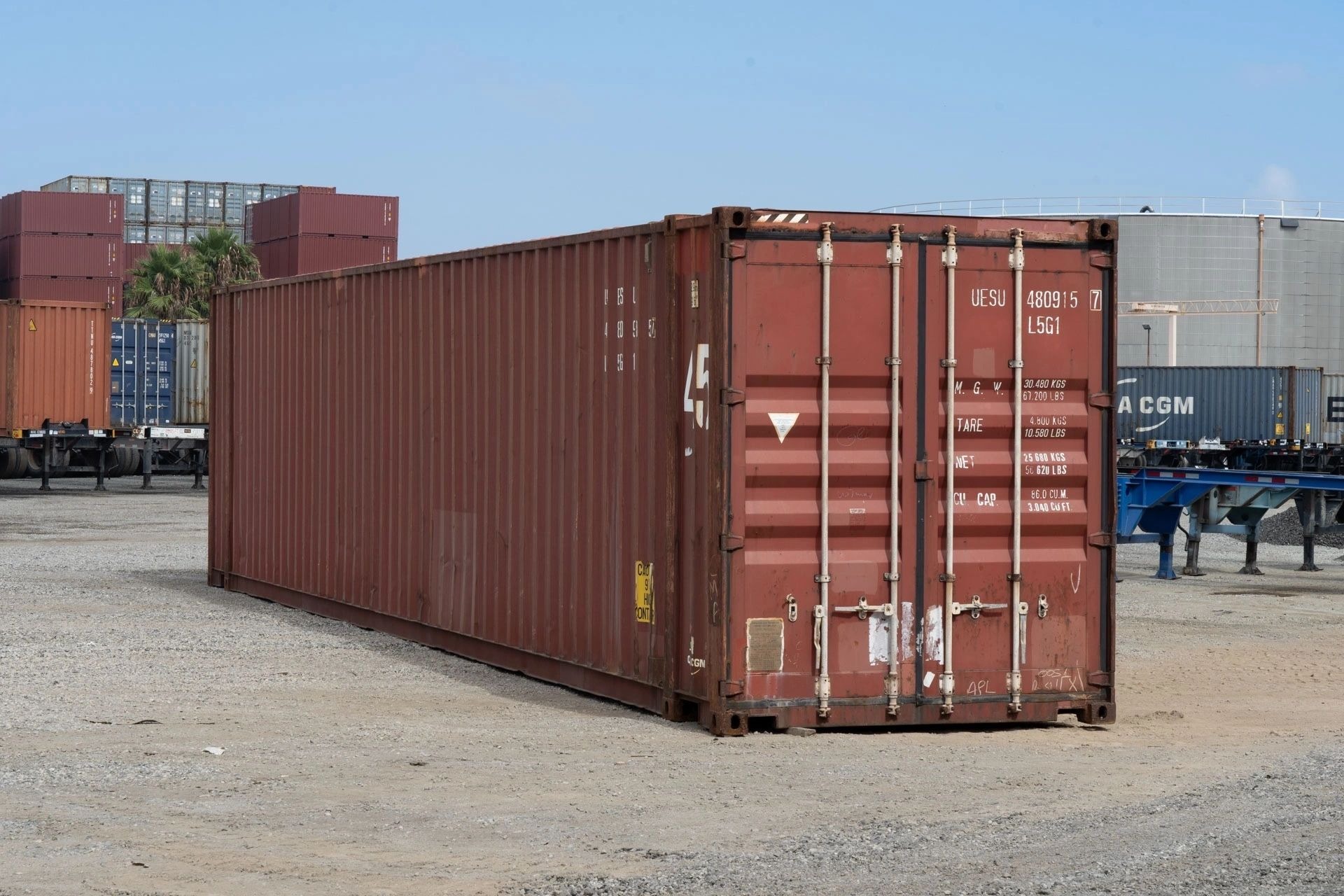How A Weekly Dimensions Of 20ft Container Project Can Change Your Life
Dimensions of a 20ft Shipping Container: A Comprehensive Guide
Shipping containers have ended up being a staple in the global logistics and transportation market, serving as vital tools for shipping items throughout huge distances. Amongst 20 Foot Sea Container , the 20-foot container sticks out as one of the most widely utilized due to its optimum capacity and versatility. In this article, we will explore the dimensions of a 20ft shipping container, explore its various types and specs, and address regularly asked concerns to supply a clear understanding of this essential asset.
Overview of 20ft Containers
20ft shipping containers, likewise known as twenty-foot equivalents (TEUs), are mostly used for transporting items through sea, land, or rail. They supply ample space for storage while being compact enough for efficient use. The standard 20ft container has a set length, width, and height, however it can come in numerous types depending upon the cargo requirements.
Standard Dimensions of a 20ft Container
The dimensions of a basic 20ft container typically adhere to international requirements set by the International Organization for Standardization (ISO). Below are the standard dimensions:
Dimension
Imperial
Metric
Length
20 feet
6.058 meters
Width
8 feet
2.438 meters
Height (Standard)
8.5 feet
2.591 meters
Height (High Cube)
9.5 feet
2.896 meters
Interior Length
19.4 feet
5.898 meters
Interior Width
7.7 feet
2.352 meters
Interior Height
7.9 feet (Standard)
2.393 meters (Standard)
8.9 feet (High Cube)
2.692 meters (High Cube)
Key Measurements Explained
- Length: The total length of the container is essential for shipping logistics and storage.
- Width: The basic width of 8 feet makes it simple to load and dump items.
- Height: The height can differ between basic and high cube containers, affecting capacity and storage alternatives.
Types of 20ft Containers
When selecting a container, it's vital to understand the various types readily available. Below are the typical kinds of 20ft containers:
Container Type
Description
Standard Dry Container
Regular container for general cargo.
High Cube Container
Provides an extra foot in height, perfect for taller items.
Refrigerated Container
Geared up with cooling systems for disposable goods.
Open Top Container
Has a removable top for filling large items.
Flat Rack Container
Utilized for heavy, extra-large items that do not require a cover.
Advantages of Each Type
- Requirement Dry Container: Cost-effective and finest for most general cargo.
- High Cube Container: Ideal for large products and better cubic capacity.
- Refrigerated Container: Essential for transferring temperature-sensitive products.
- Open Top Container: Enables easy loading of big, heavy equipment or materials.
- Flat Rack Container: Perfect for heavy products that can be protected with straps.
Practical Uses of 20ft Containers
20ft containers are extremely flexible and can serve different industries, thanks to their capacity and sturdiness. Here are numerous practical usages:
- Storage Solutions: They can be modified for on-site storage in building and construction and manufacturing.
- Shipping Goods: Ideal for both import and export of consumer items.
- Modular Homes: Increasingly used in developing cost-efficient and sustainable housing.
- Mobile Offices: Can be transformed into momentary or irreversible workplace area.
- Workshops: Modified for usage as workshops or tool storage in remote areas.
Shipping and Transportation Considerations
When using a 20ft container for shipping, numerous factors come into play:
- Weight Limit: A basic 20ft container generally has a maximum payload of about 28,000 kg (61,700 pounds).
- Cargo Handling: The design of the container permits for simple loading and discharging using cranes or forklifts.
- Transportation Costs: The expense involves shipping costs, custom-mades responsibilities, and managing charges. It's vital to understand these costs to budget successfully.
Often Asked Questions (FAQs)
1. What is the maximum weight capacity of a 20ft container?
Answer: The optimum gross weight of a standard 20ft container, including the container itself, is generally around 30,480 kg (67,200 lbs), with a net weight capacity of around 28,000 kg (61,700 lbs).
2. Can a 20ft container be transported on a flatbed truck?
Response: Yes, 20ft containers can be transferred on flatbed trucks, supplied they are securely fastened and correctly stabilized.
3. Are 20ft containers watertight?
Response: Yes, standard containers are created to be watertight, offering security against moisture and rain. Nevertheless, it's suggested to assess the container quality before use.
4. How are shipping containers priced?
Response: The prices of shipping containers varies based upon factors such as condition (new or utilized), type, place, and present market need.
5. Can containers be customized for specific needs?
Answer: Yes, lots of business offer container adjustment services to transform containers into customized areas, offices, or storage facilities.
In summary, the dimensions and versatility of the 20ft shipping container make it a linchpin in global trade and logistics. Whether for shipping, storage, or creative tasks, comprehending these dimensions and performances can help individuals and organizations make informed decisions. By picking the right container type for the job at hand, users can optimize their effectiveness and optimize their shipping methods. As the shipping market continues to progress, the 20ft container will likely stay a vital element for years to come.
